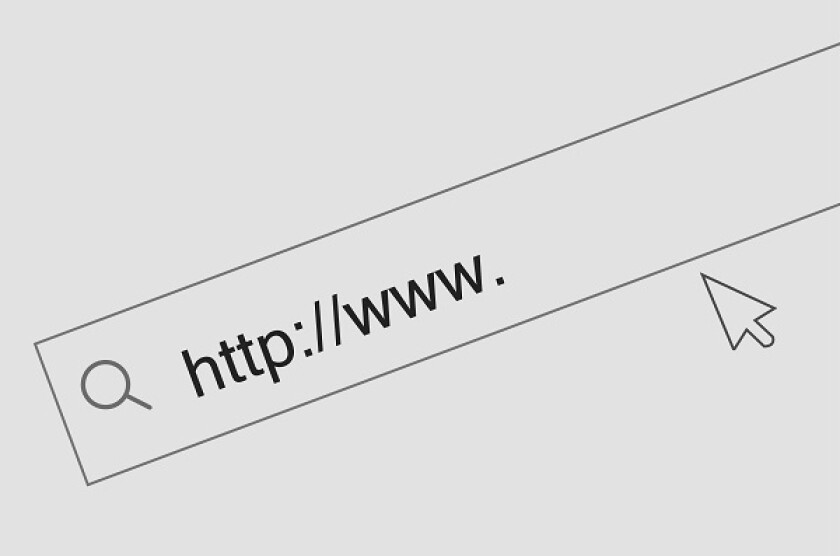The first instance Civil Court for Intellectual and Industrial Rights (IP court) in its decision rendered in October 2020 pointed out that the use of the subject mark as a domain name solely is not deemed sufficient to prove the use of the mark as a trademark.
The decision concerns a revocation action due to non-use filed against a trademark which has been registered for more than five years, but has not been used properly and effectively on the relevant services within the scope of its registration in Turkey by the trademark owner.
In revocation actions based on non-use, the defendant carries the burden of proof, and the IP courts generally obtain expert reports from court-appointed experts for examination of the evidence and commercial books of the defendants.
In the relevant case file, the defendant party submitted evidence regarding the records of the domain name including the subject trademark and the content of the website operated under this domain name, in which the subject trademark has not been used as it is registered, but used in a very different form from its registration.
The file was examined by the court-appointed experts, and they concluded that there is no evidence proving the use of the trademark as it is registered on the relevant services in the commercial records of the defendant and also on their website. However, in view of the existence of the domain name consisting of the subject trademark which has been in use for five years, it is sufficient to prove the use of the trademark. However, the IP court, disregarding the determinations in the expert report, highlighted the importance of the requirement of use of the trademark on the goods and services within the scope of its registration for commercial purposes, found the existence of the domain name alone insufficient and decided to revoke the subject trademark due to non-use.
In the recent decisions of the Court of Appeals, it is also clear that use of a trademark as a domain name solely is not accepted as sufficient to prove the genuine and serious use of a trademark, if there is no other commercial use of the trademark on the goods and services within the scope of its registration under this domain name.
In this respect, this decision along with the recent decisions of the Court of Appeals sets a precedent for future disputes and concludes that use of trademark as a domain name by itself is insufficient to prove genuine use.












